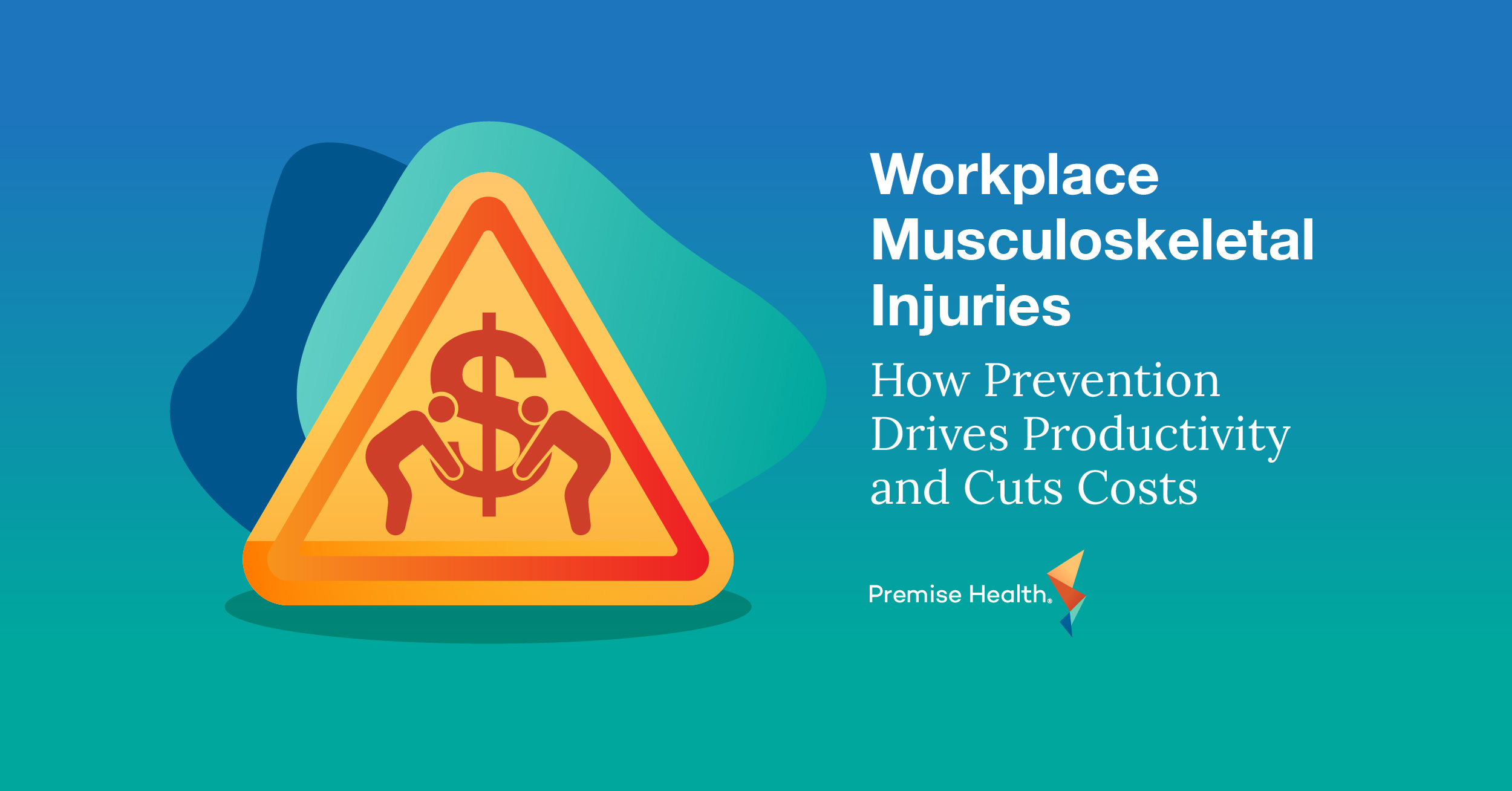3 Ways A Wellness Program Manager Can Help You Avoid Wellness Program Pitfalls
In 2019, about 80% of large U.S. employers offered some kind of wellness program to their employees. Yet many wellness programs fail to achieve the goals they were established for – whether it’s a decrease in conditions like high blood pressure or diabetes, or simple health improvements like moving more and getting better sleep.
Seeing minimal improvement in clinical outcomes for employees that participate can be discouraging for employers who want to maximize their investment in workforce wellness. Most don’t know that they’re missing a crucial ingredient to making their program a success: An experienced expert at the helm that can help programs avoid the common pitfalls that make wellness a challenge for organizations.
That’s where wellness program managers come in.
What is a wellness program manager?
Wellness program managers lead the planning and coordination of workplace or corporate wellness programs, serving as liaison between clients and vendors. They make sure organizations and their employees are set up to thrive by facilitating a culture of wellness.
These critical team members are practiced wellness program designers and may be certified in wellness education and management by organizations like the National Commission for Health Education, the Wellness Council of America, or the National Wellness Institute.
In a day, a wellness program manager may hold a morning meeting to coordinate wellness team staff, including nutritionists and wellness coaches, counsel an employee on where to find resources for managing stress, and by lunch be sitting in the CHRO’s office discussing strategic additions to the company’s benefits plan.
Meanwhile, they also serve as liaisons between organizations and vendors, like wellness platforms, incentive managers, and technology providers, taking the burden off the organization’s HR team and ensuring a cohesive wellness experience for employees.
Here are three ways they can help you maximize the benefits of your wellness program:
They’re an advocate who creates and maintains a customized wellness program based on employee and organizational needs.
Not all wellness programs are created equal. Set it and forget it, cookie cutter programs that don’t understand employee needs, don’t purposefully engage them where they are, and don’t evolve with the times will always fall flat.
One of a wellness program manager’s most important responsibilities is to design and implement health and well-being activities. Whether those opportunities are workshops and seminars, self-guided programs, screenings, health fairs, or something else, a wellness program manager makes sure that these resources are accessible and tailored to an employer’s workforce.
Their number one tool? Data. They gain insight into a population’s needs through assessments, surveys, and one-on-one meetings to determine what programs might be best for a specific population.
Armed with information that gives them a unique and comprehensive perspective on employee wellness, they are perfectly positioned to serve as a strategic guide for employees and employers to make sure that every aspect of a program is aligned with both of their needs.
They’re an organizer dedicated to boosting wellness program engagement.
A wellness program is only as strong as the employees who choose to participate in it. However, boosting engagement and utilization for these programs can be a challenge for HR leaders who are balancing so many other day-to-day responsibilities.
Wellness program managers take a hands-on approach to informing and engaging employees about wellness programs and incentives. To do so, they build marketing and communication plans that include e-mail messages, health articles and newsletters, online content and promotional materials that reach employees no matter how they prefer to get their company news.
Even as they work to get the word out to the whole employee base, they focus on serving individuals, too. For those who need a little more guidance on where to begin their health or emotional well-being journey, wellness program members provide one-on-one coaching and health education that directs employees to appropriate programs and services to meet their needs.
When employees know where and how to seek help, they see improved health behaviors. In turn, this reduces absenteeism and lowers healthcare costs associated with unmanaged conditions and illnesses caused by common risk factors like poor diet, lack of sleep and stress – a win for employers and employees alike.
They’re a leader who spearheads a company culture of wellness.
No workplace wellness program can be successful without the full support of the company behind it.
Starting with a health culture audit and survey, wellness program managers can gauge how employees perceive their employer’s dedication to health and wellness. Do company leaders model good physical and behavioral health practices? Are healthy lifestyles encouraged, incentivized, or publicly recognized among employees? Is tobacco use allowed at the workplace?
Employee responses to questions like these can indicate how a company’s culture frames wellness and builds a foundation for a program manager to understand where improvements can be made.
Using the complete picture of a company’s wellness culture, program managers then serve as an advocate and strategic partner for HR leaders on how to make health a higher priority in daily operations. Changes can be as widespread as establishing a tobacco-free campus policy or identifying wellness champions among the employee population. It could also be as subtle as encouraging employees to take time away from their desks for lunch or starting a weekly walking club.
Even the smallest changes can build a foundation for healthier, more satisfied employees to thrive in a work environment that matches their values.
How do I stay ahead on my wellness strategy?
Implementing a health and well-being strategy that excites and engages your population and meets your goals as a company can be a challenge. Partnering with a wellness program management expert can take the heavy lifting off your organization and supercharge your culture of well-being.
At Premise, we prioritize your employees, our members, and their needs to help you build and maintain a data-driven program that delivers results without putting more pressure on your HR team.
Ready to take the first step to building your most effective wellness program? Contact us today to get started.
Next on industry insights.

Overcoming Burnout: Strengthening Workforce Resilience Through Behavioral Health
Read the Blog
Workplace Musculoskeletal Injuries: How Prevention Drives Productivity and Cuts Costs
Read the Blog